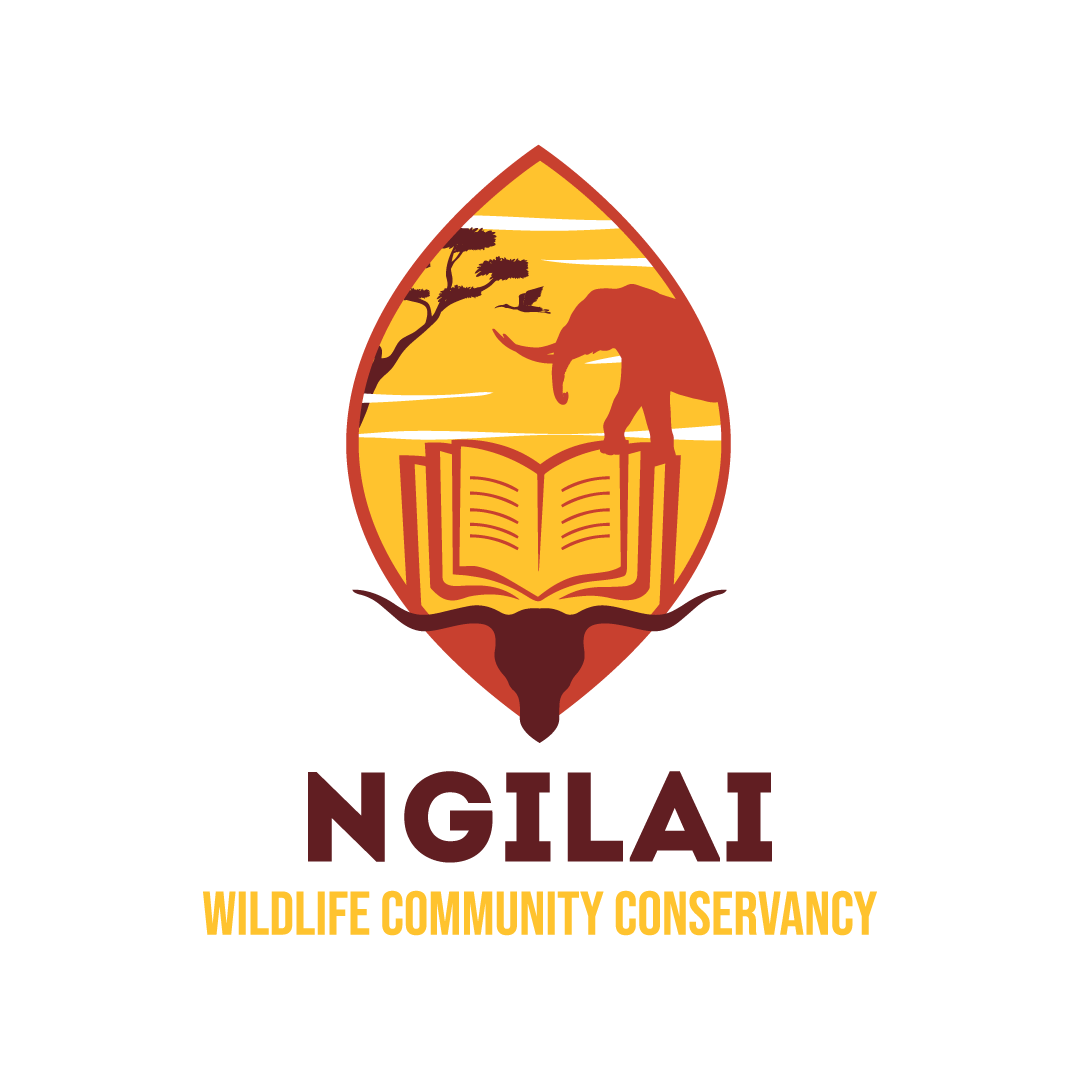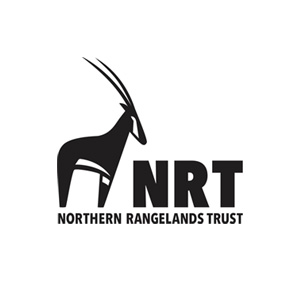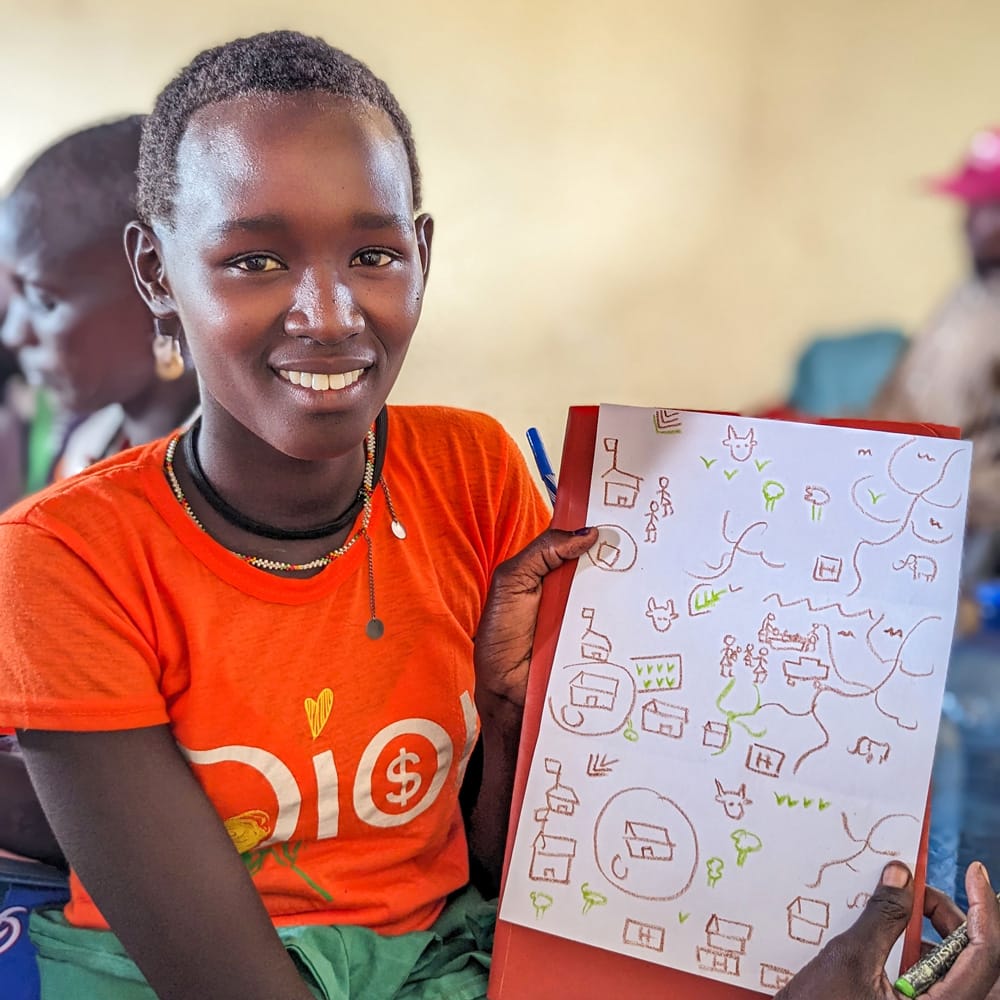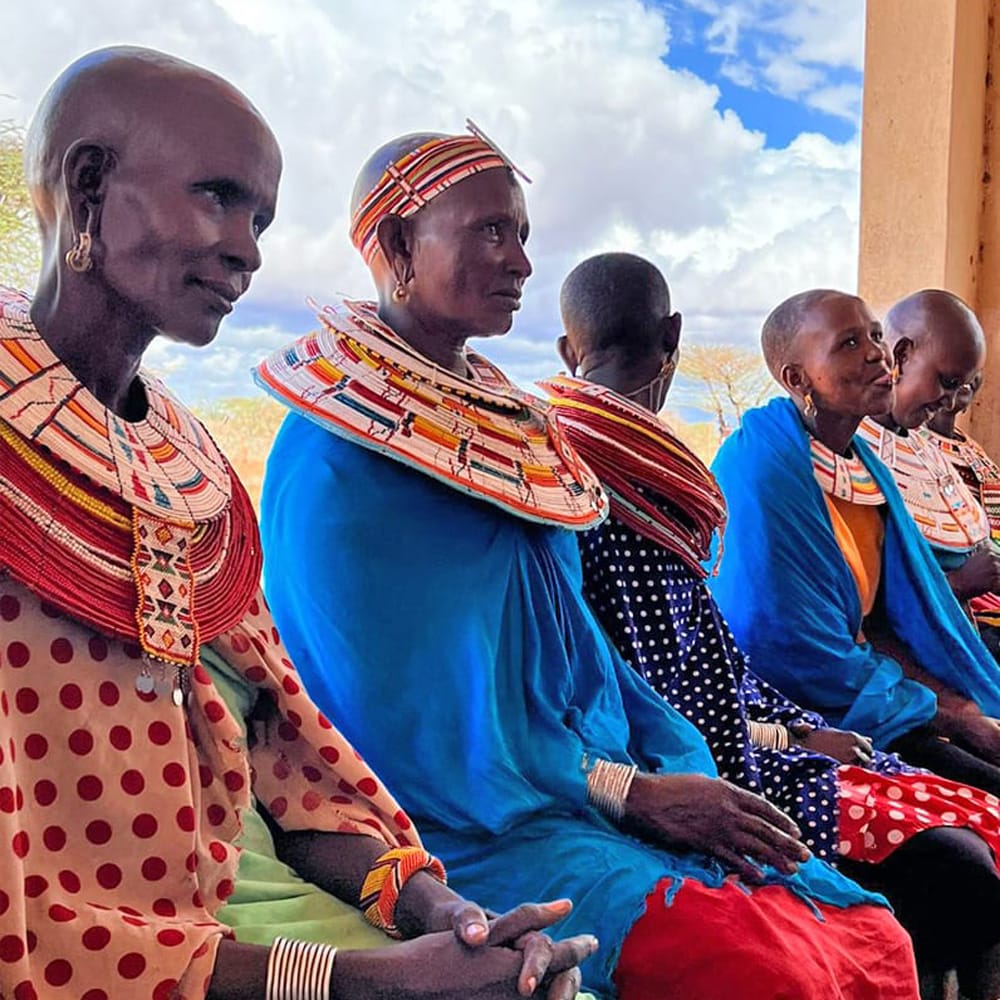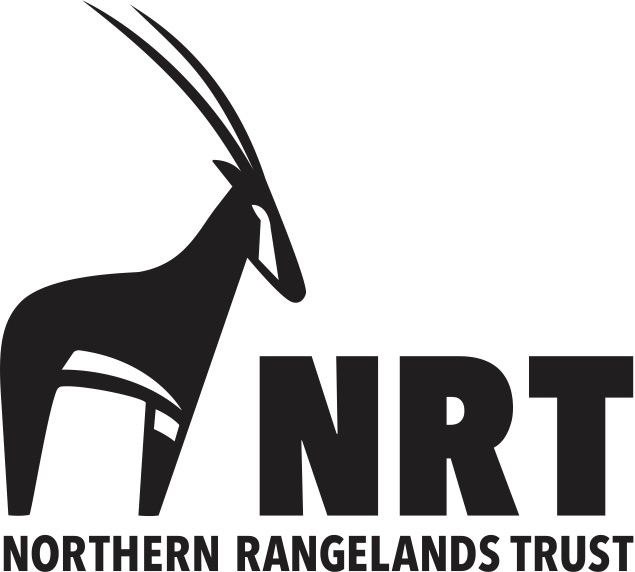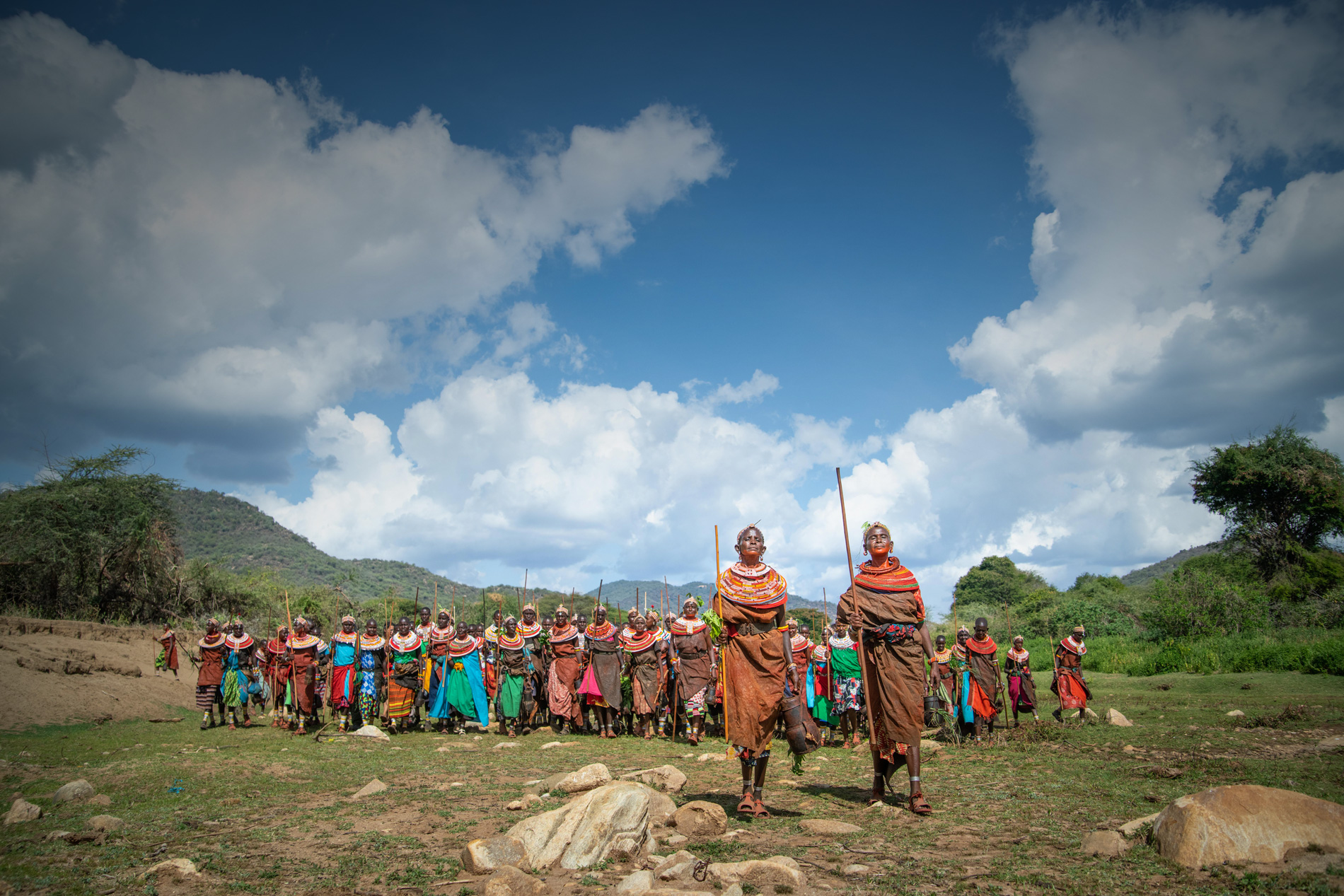
Ngilai Community Conservancy in Northern Kenya
In 2020, we began working with local Samburu community members in Ngilai to help articulate the legacy they want to see for their community and landscape.
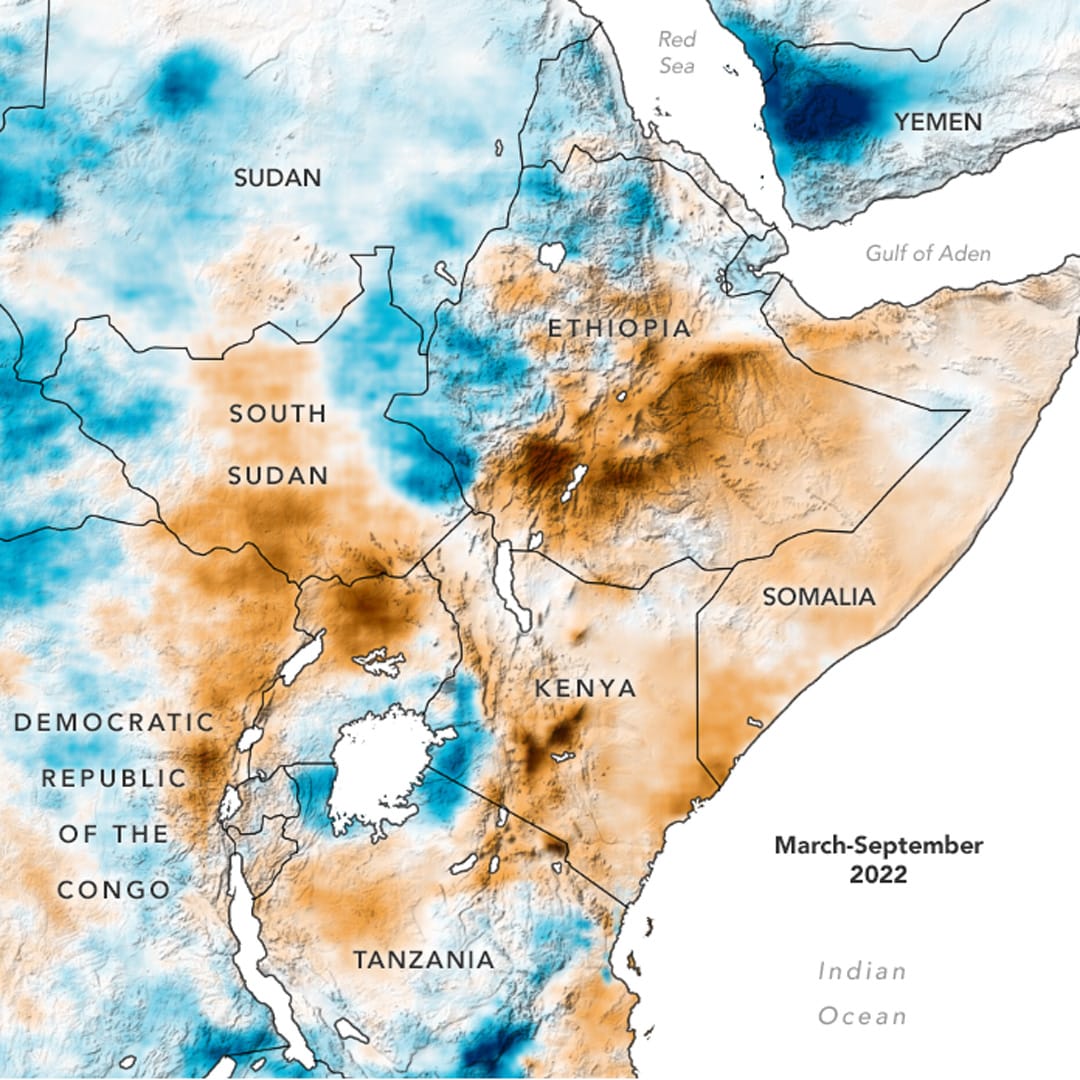

However, in recent decades extreme droughts and prolonged rainy seasons caused by climate change have disrupted traditional ways of pastoral living, resulting in extreme food insecurity. Women are doubly impacted because they often have to provide for their families in addition to being responsible for a variety of tasks in the household. To compound matters, women often face significant gender marginalization that impacts their ability to participate in major businesses in the area, such as buying and selling livestock.
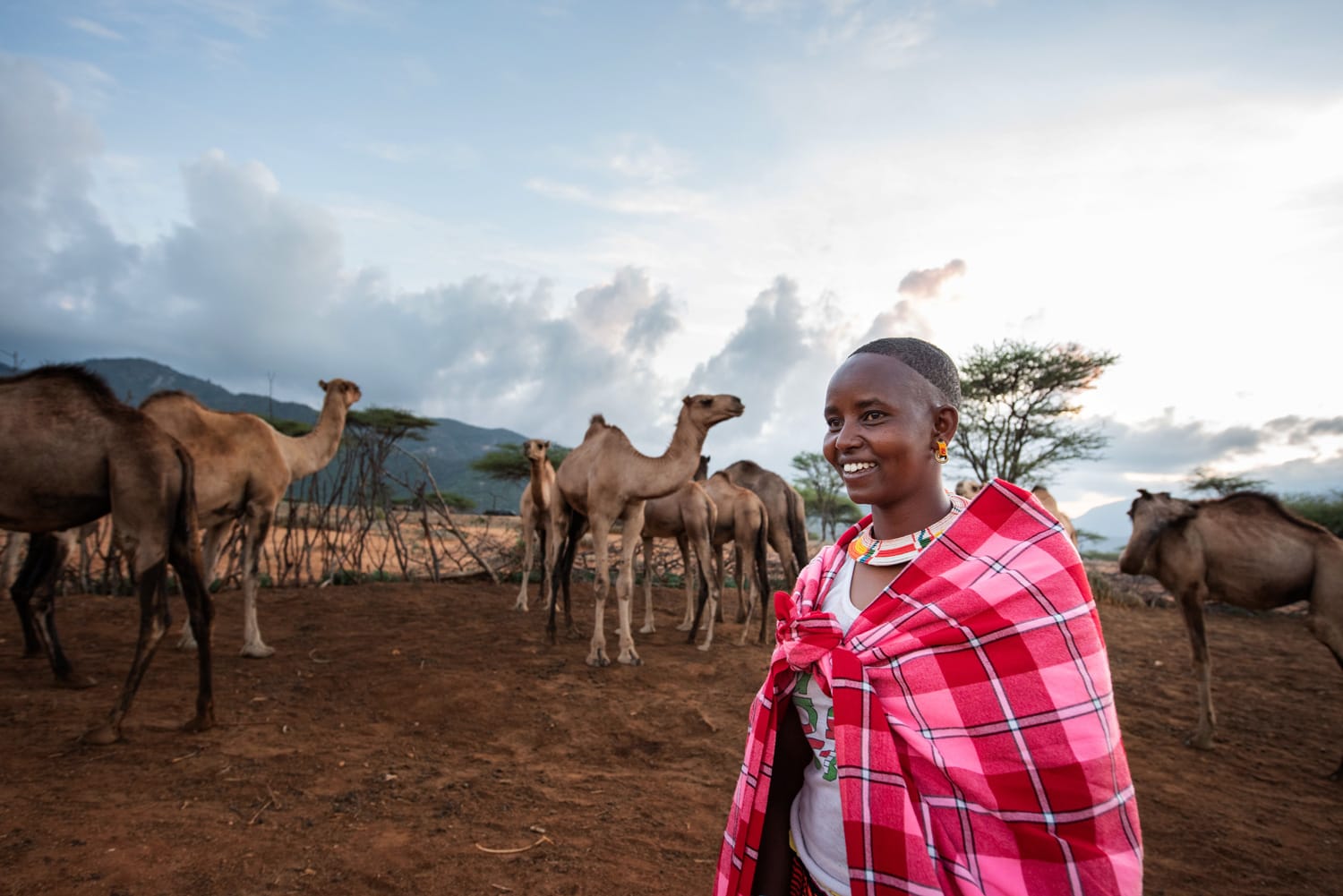
Mayanae Lemojong tending her camels in Ngilai, Northern Kenya | Roshni Lodhia/Legado
360° Community-Led Change
Working in collaboration with Legado and our partners, people from the Nigilai Community created the Nkishon Supat e Ngilai project, which translates from Samburu to "Ngilai’s Thriving Future."
As part of this project, local community members created the Nkishon Supat e Ngilai Legacy Plan—the first ever community plan for Ngilai and a milestone for the Samburu peoples.
To create a Legacy Plan, community members articulated their vision for the future and the steps they needed to take to make this vision a reality. They also identified what they already have in place to help them realize their vision of a Thriving Future, and what they will need to help make that future come to life.
Ngilai community members articulated the priorities below for themselves and their communities. Promoting gender equity was chosen as a fundamental underpinning to all of these goals.
Ngilai Community Thriving Future Goals and Priorities
Increase Access to Health Care While Respecting Samburu Medicine
- Construct maternity shelter integrating Samburu traditional birth practices
- Expand solar system to increase electricity in the maternity ward of the Ngilai Clinic
Improve Our Rangelands
- Remove invasive species
Heal gullies to reduce erosion
- Increase involvement of women and youth in grazing planning
Improve Schools and Schooling Access
Improve our classrooms and schools with desks, toilets, and more space for our children to learn
Increase the enrollment and retention of students—particularly female students—through mentoring groups and creating awareness about the importance of education by sharing in community forums and meetings
Make Water Access Equitable Across Our Conservancy
- Support all of our villages to have the same access to safe and clean water that is close by
- Strengthen our Water Resource Users Association with more community members to better lead on our water rights
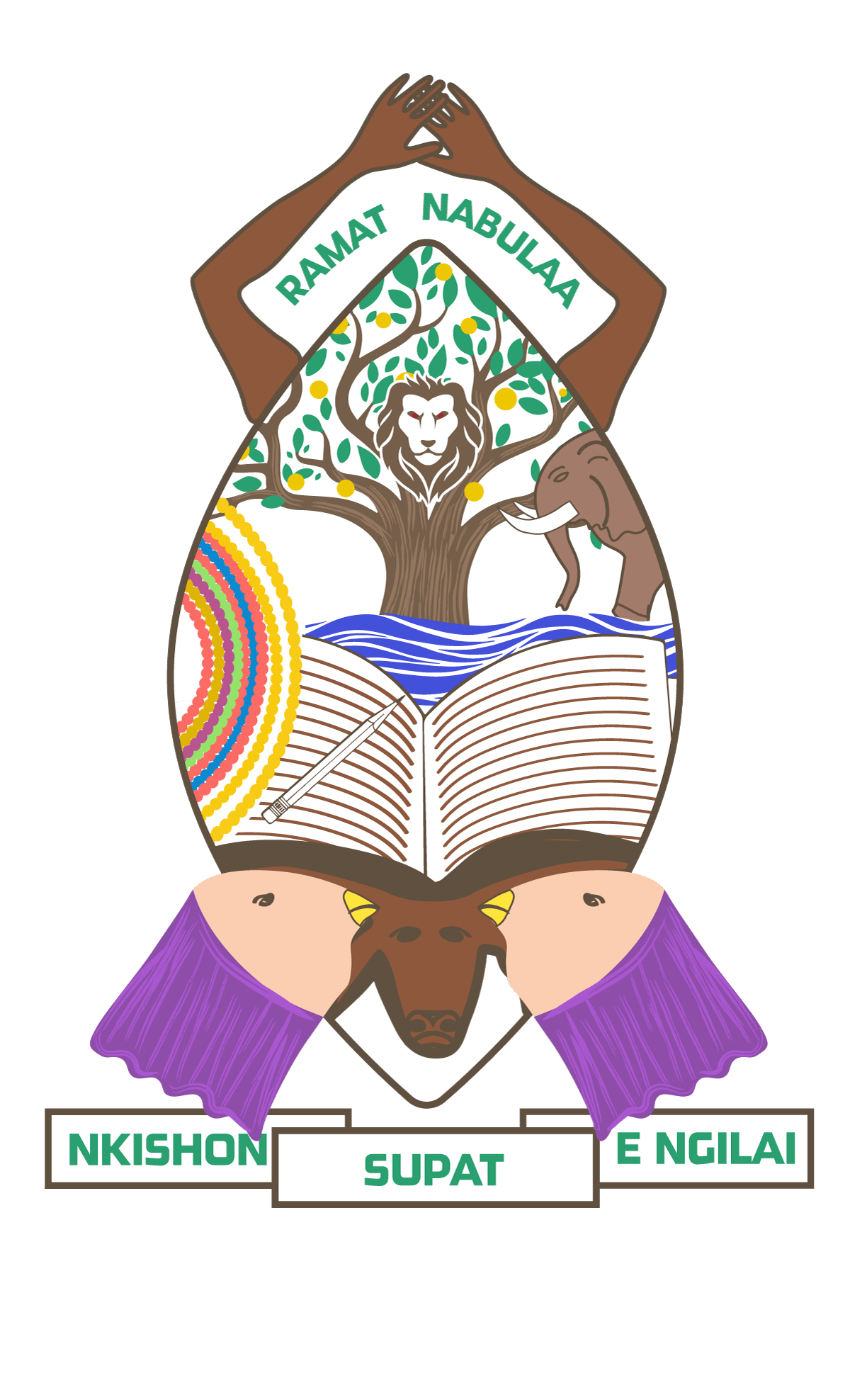
UNITY:
NATURAL RESOURCES:
EDUCATION:
CULTURE AND LIVELIHOODS:
Centering Women Leaders
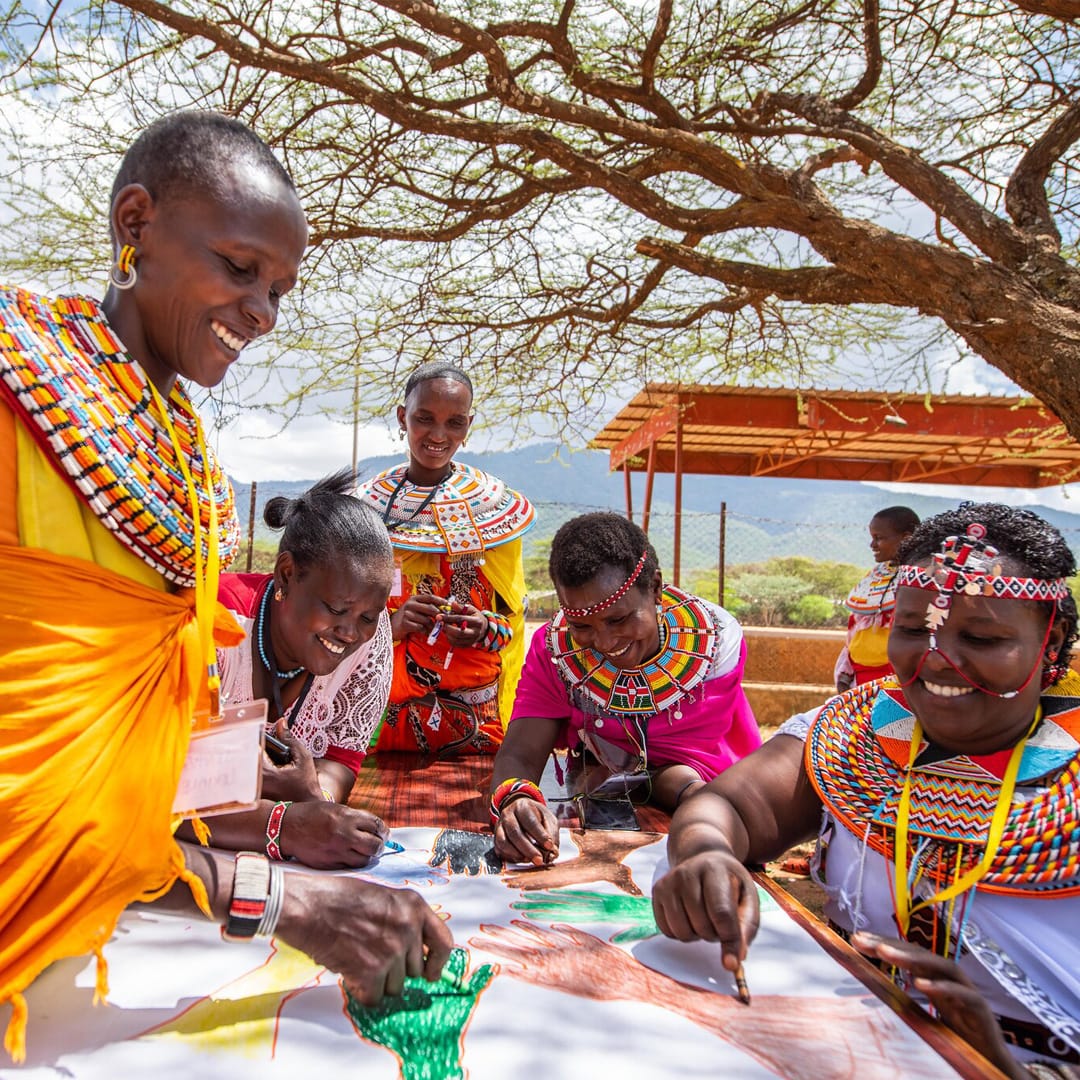
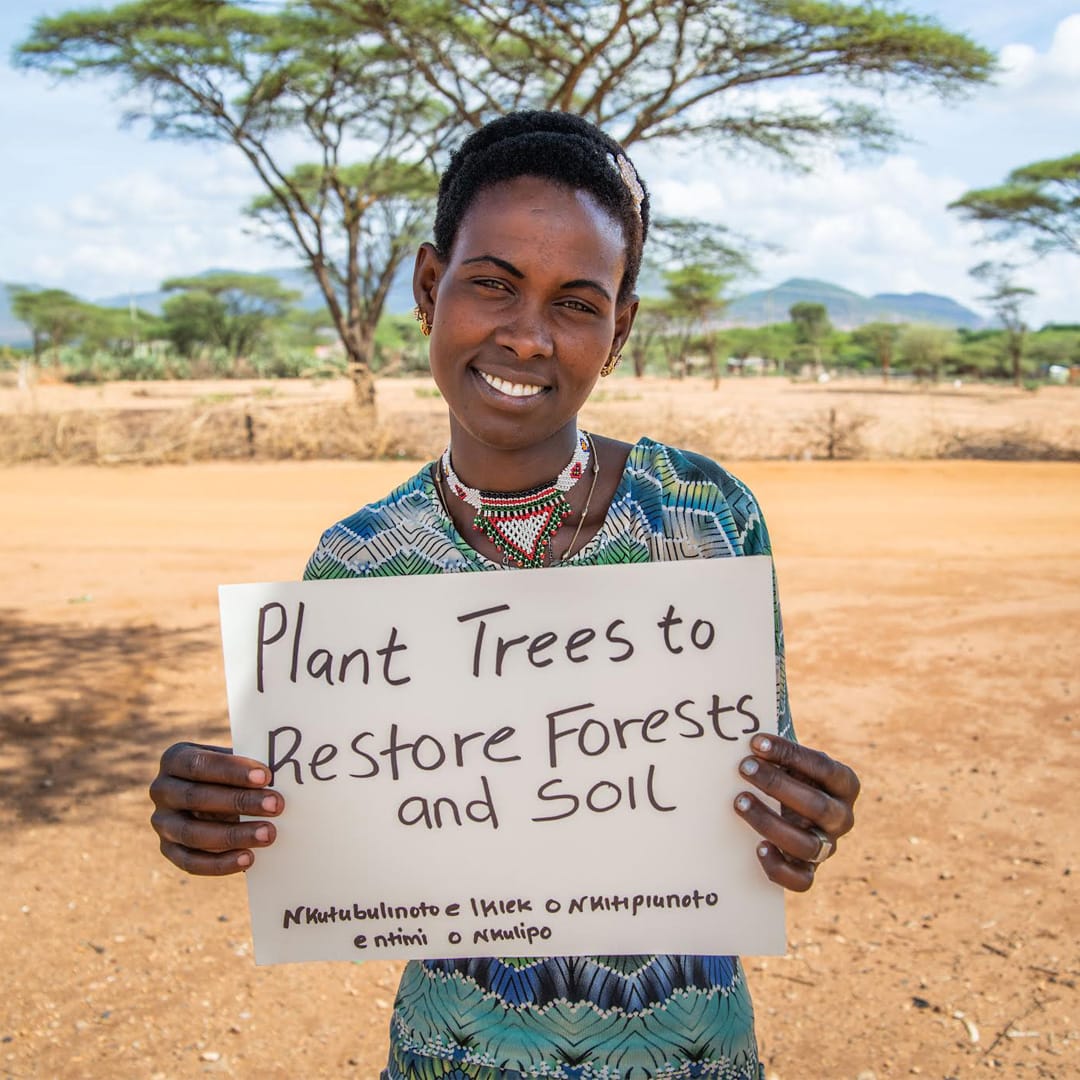
Khadija Lelesara, a Ngilai community member, is working toward her personal legacy goal of planting trees | Roshni Lodhia/Legado
"I was asked to be on a school committee but declined because I did not have the courage or confidence to serve as a leader. But after the Thriving Futures training, I reconsidered and am now a committee member making decisions for the school."
*Learn more about how women’s leadership promotes transformative change from The Gates Foundation, BOMA Project (link 1 - PDF) (link 2 - PDF) and CGIAR’s Gender Impact Platform
Creating Thriving Futures
Our Partners in Ngilai
